
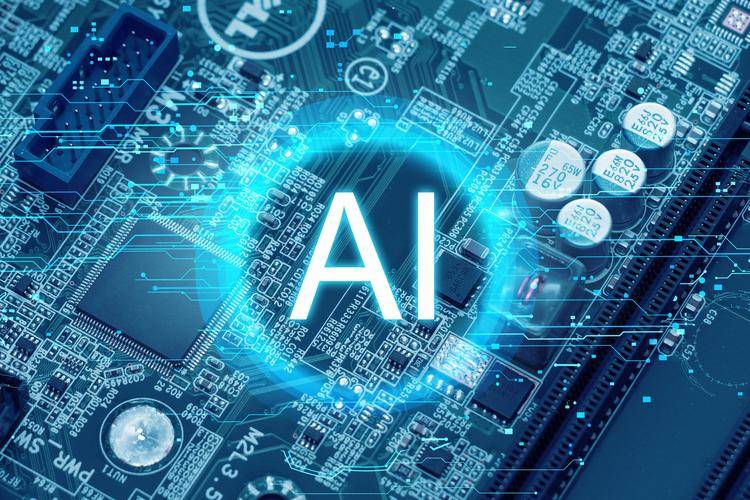
Experts, including the heads of OpenAI and Google Deepmind, warn that artificial intelligence may lead to human extinction, but how can machines replace humans?
Since its launch in November 2022, ChatGPT—a chatbot that uses artificial intelligence to answer questions or generate text or even code based on the user’s needs—has become the fastest-growing Internet application in history.
In just two months, it reached 100 million active users. According to technology monitoring company Sensor Town, it took Instagram as long as two and a half years to reach this milestone.
The popularity of ChatGPT, developed by OpenAI with funding from Microsoft, has triggered intense speculation about the impact of artificial intelligence on the future of mankind.
Dozens of experts backed a statement posted on the AI Safety Center page, saying: "Mitigating the risk of extinction posed by AI should become a global priority alongside other society-scale risks such as epidemics and nuclear war. .”
But some people say that this concern is exaggerated.

Artificial intelligence such as ChatGPT, DALL-E, Bard, and AlphaCode produce text (ranging from prose, poetry, and jokes to computer code) and images (such as diagrams, photos, and artwork) that are almost identical to humans' own work. Indistinguishable.
Students use it to write homework, politicians use it to write speeches. Democratic Rep. Jack Auchincloss launched the resource in the U.S. Congress.
Technology giant IBM said it will stop recruiting 7,800 positions that can be handled by artificial intelligence.
If all these changes are overwhelming you, get ready:
We are only in the first phase of artificial intelligence, with two more to come, and some scientists fear it could threaten humanity's survival.
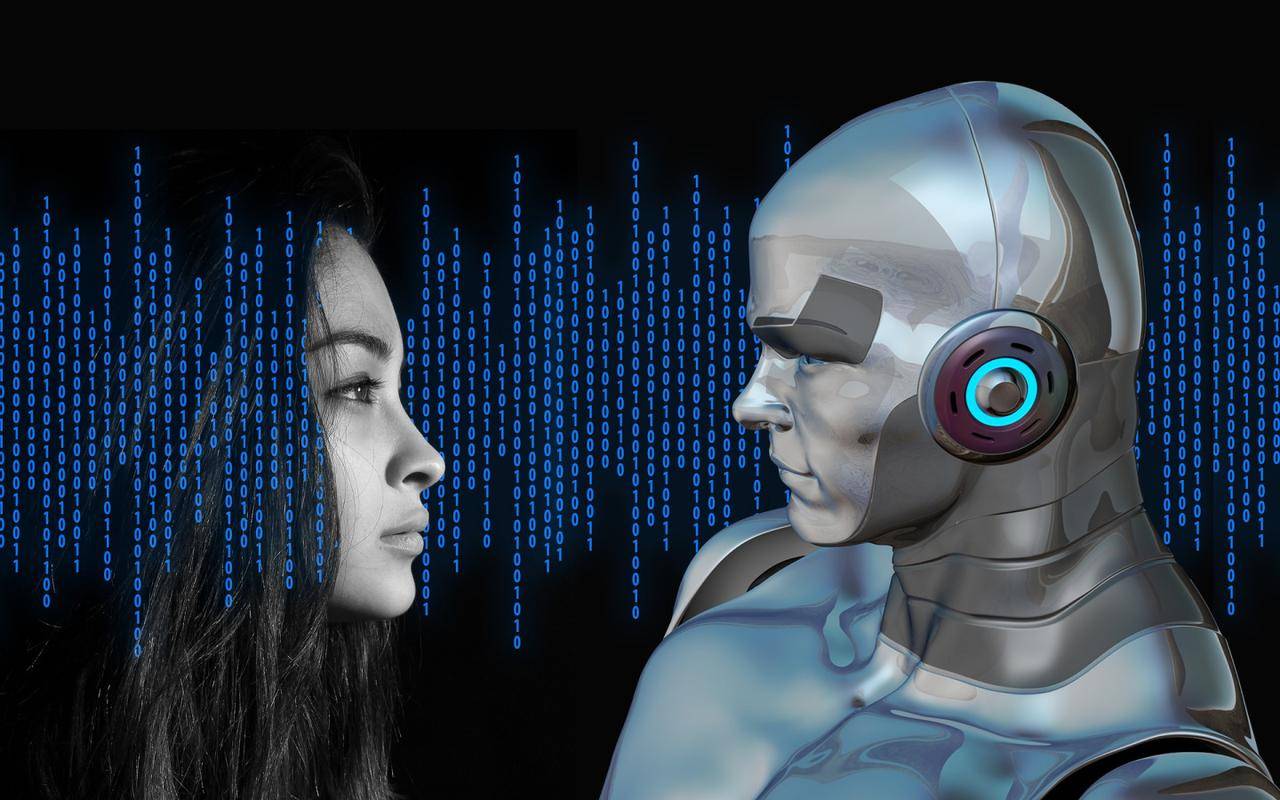
The following are the three stages.
1. Artificial Narrow Intelligence
Weak artificial intelligence, also known as restricted domain artificial intelligence, focuses on a single task and performs repetitive work across a range of functions.
It usually learns from large amounts of data, such as from the Internet, but only in the specific domain in which it is programmed.
An example is a chess program that is able to beat the world champion, but is unable to perform other tasks.
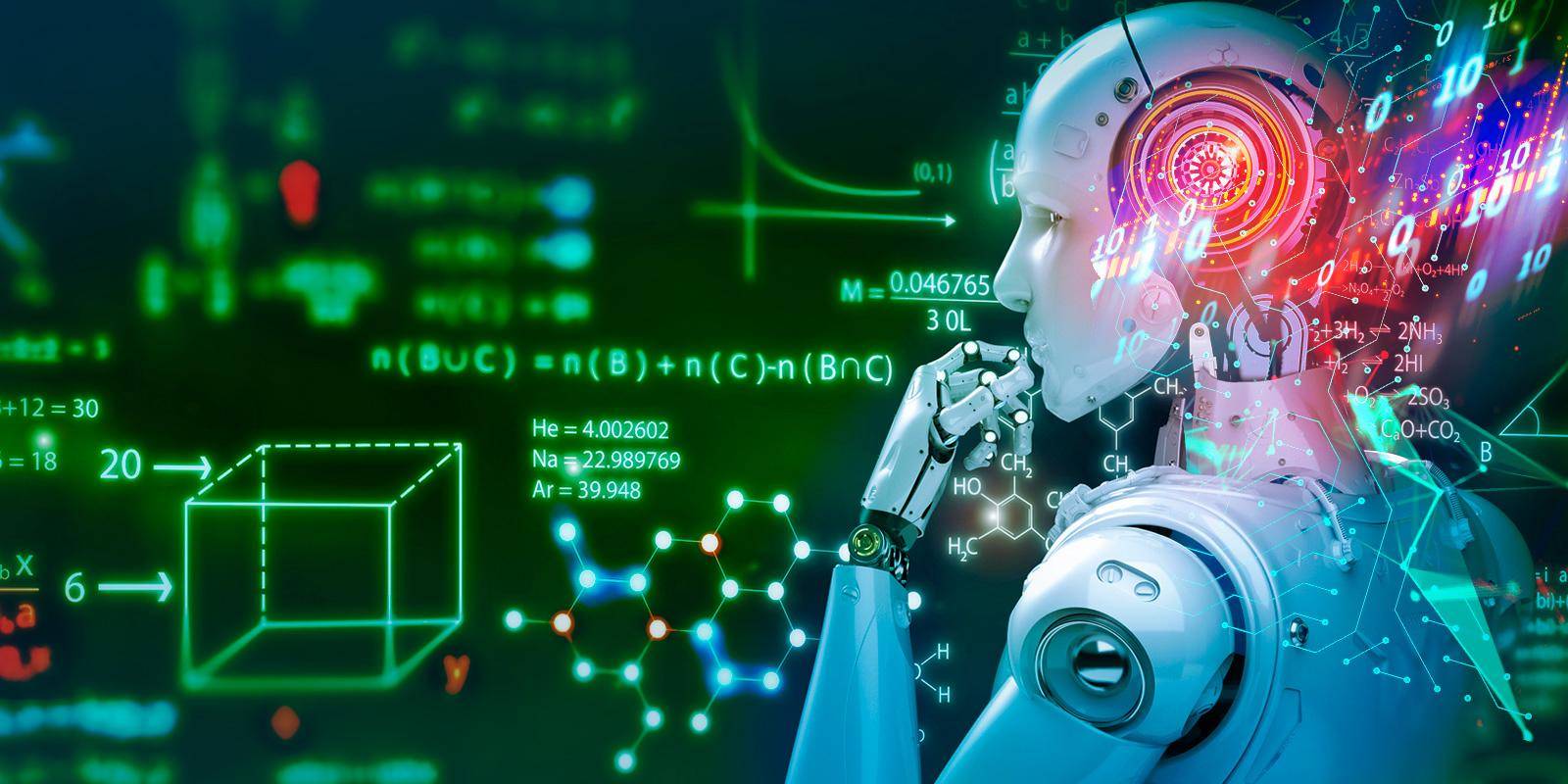
Smartphones are full of apps that use this technology, from GPS maps to music and video programs that learn your tastes and make recommendations.
Much more complex systems, such as self-driving cars and ChatGPT, still fall into the category of weak artificial intelligence. They cannot operate outside the confines of their assigned role and so cannot make decisions on their own.
But some experts believe that systems programmed with automatic learning capabilities, such as ChatGPT or AutoGPT, may enter the next stage of development.
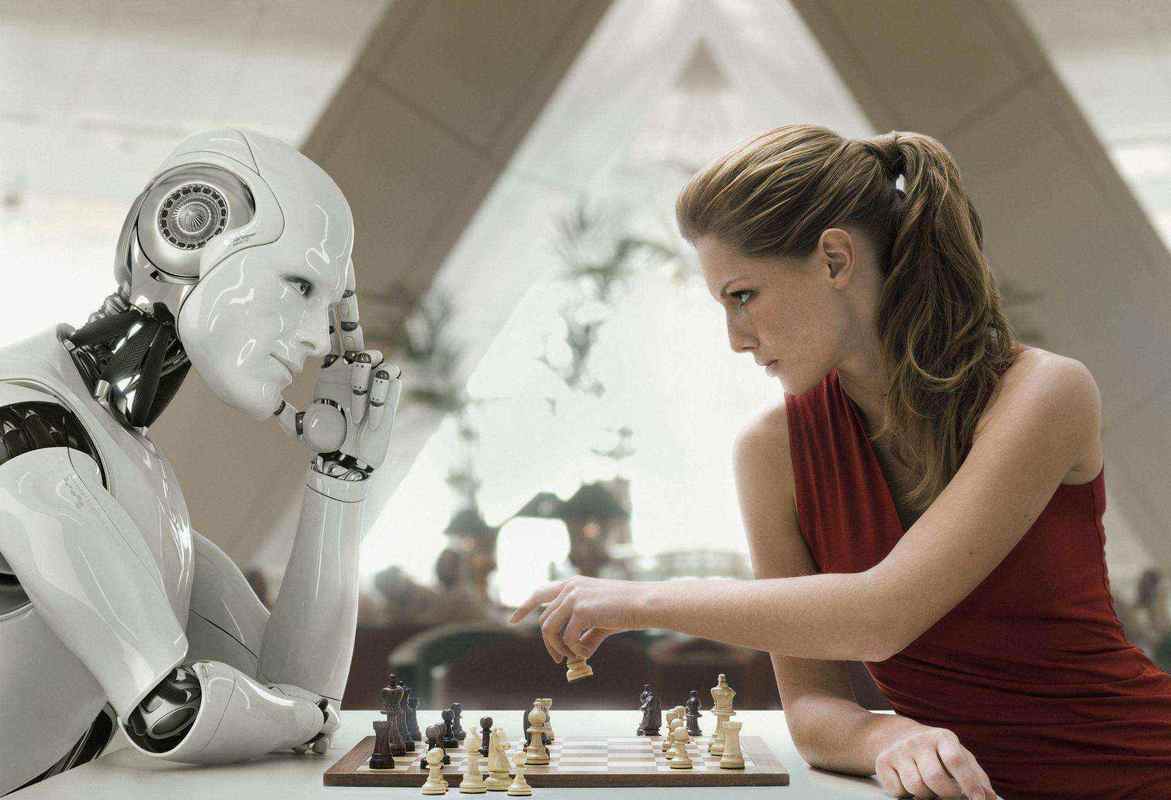
2. Artificial General Intelligence
Artificial general intelligence will arrive when machines can complete any intellectual task that humans can complete.
It is also called "strong artificial intelligence".
6-month suspension
In March 2023, more than 1,000 technical experts called for "all artificial intelligence laboratories to immediately suspend the training of artificial intelligence systems more powerful than GPT-4 for at least 6 months," GPT-4 is the latest version of ChatGPT.
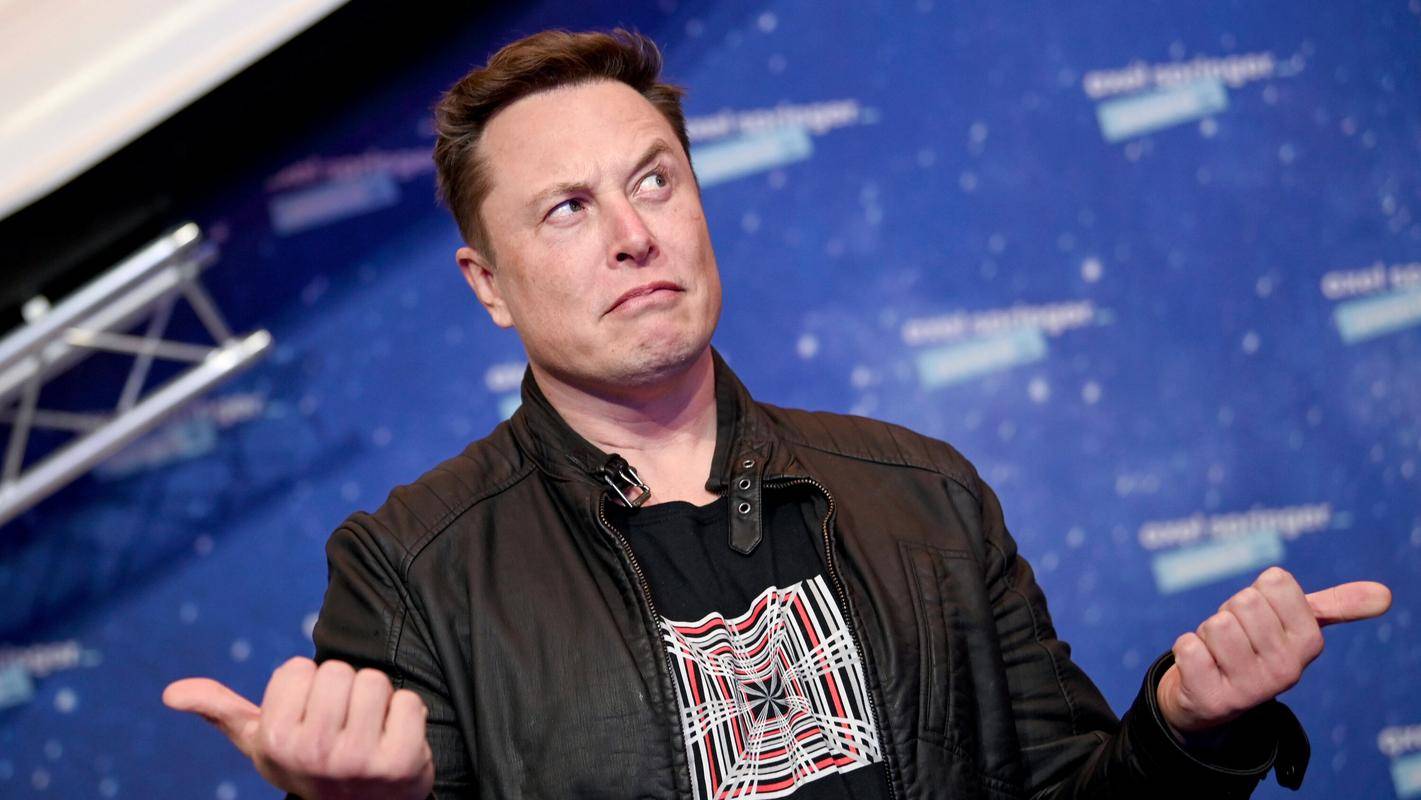
"Artificial intelligence systems with intelligence that rivals humans," wrote Apple co-founder Steve Wozniak and other tech giants including Tesla and SpaceX boss Elon Musk. May pose profound risks to society and humanity." Musk was one of the co-founders of OpenAI and later resigned from the board due to disagreements with the company's leadership.
In the letter, published by the nonprofit Future of Life Institute, the experts said that if companies refuse to quickly halt their projects, "the government should step in and impose a moratorium" so that safety measures can be designed and implemented. .

"Smart and stupid"
The letter was signed by Carissa Veliz of the Institute for the Ethics of Artificial Intelligence at the University of Oxford. She refused to sign because she believed the warning statement eventually issued by the Center for Artificial Intelligence Safety was too extreme.
“The kind of AI we are currently developing is both smart and dumb,” she told Andrew Webb. “If anyone has tried ChatGPT or other AIs, they will notice that they have very significant limitations.”
Weiliz said she is concerned that artificial intelligence will create misinformation at an extremely high rate.
As the 2024 U.S. presidential election approaches, I am increasingly concerned that important platforms like Twitter and other major platforms have laid off their AI ethics and safety teams. ”
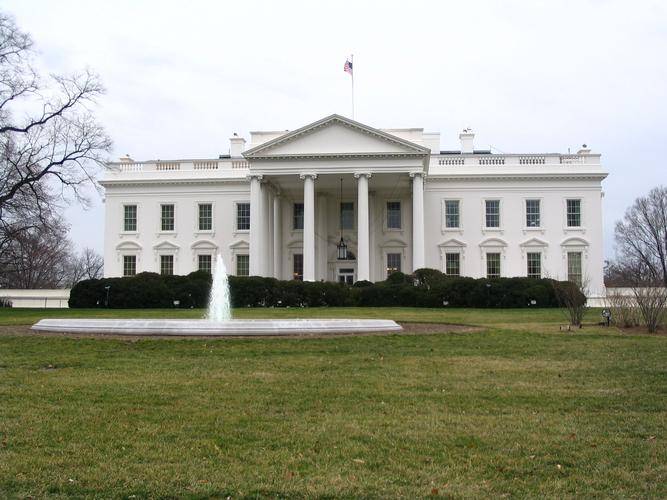
The U.S. government acknowledges the potential threat. The White House said in a statement on May 4: "Artificial intelligence is one of the most powerful technologies of our time, but in order to seize the opportunities it brings, we must first reduce its risks."
The U.S. Congress has subpoenaed OpenAI CEO Sam Altman to answer questions about ChatGPT.
At a Senate hearing, Altman said it was "very important" for government regulation of his industry as artificial intelligence develops.
Gutierrez, a public policy researcher at the Future of Life Institute, explained to reporters that one of the great challenges posed by artificial intelligence is that "there is no joint body composed of experts to decide how to regulate it, like the intergovernmental climate Like the Change Committee.”
This brings us to the third and final stage of artificial intelligence.
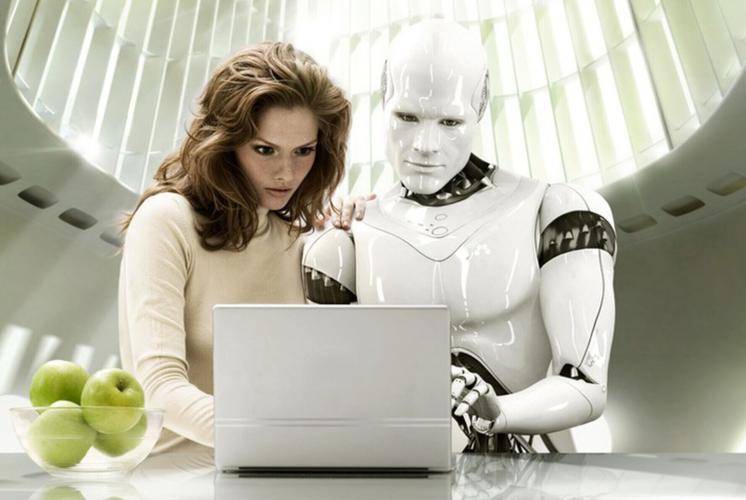
3. Super artificial intelligence
This theory holds that once we reach the second stage, we will soon enter the final stage, which is "super artificial intelligence". This is what happens when artificial intelligence surpasses human intelligence.
Oxford University philosopher and artificial intelligence expert Bostrom defines superintelligence as “intelligence that far exceeds the best human brains in almost all areas, including scientific creativity, general intelligence, and social skills.” .
“Humans have to learn for a long time to become engineers, nurses or lawyers. The difficulty with general artificial intelligence is its ability to continuously improve itself in situations where we cannot,” Gutierrez explained. ”.
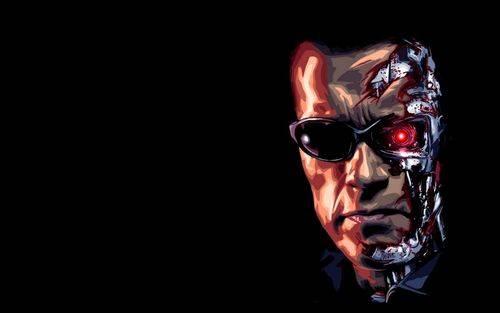
Science fiction
This concept is reminiscent of the plot of the movie "Terminator", in which machines initiate a nuclear war that destroys humanity.
Narayanan, a computer scientist at Princeton University, previously told reporters that science fiction disaster scenarios are unrealistic: "Current artificial intelligence is far from enough to make these risks a reality. In the end, it distracts people from Artificial intelligence will harm attention in the short term.”
While there is much debate over whether machines can actually achieve the kind of broad intelligence that humans possess, especially in terms of emotional intelligence, this is one of the biggest fears of those who believe we are on the verge of achieving general artificial intelligence.
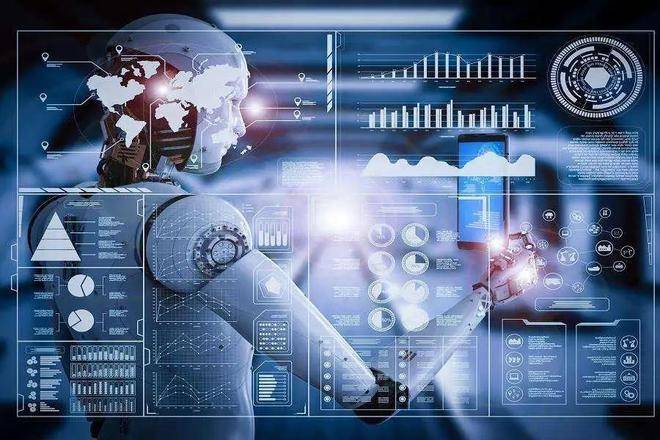
Recently, "Godfather of Artificial Intelligence" Jeffrey Hinton warned that we may be approaching this milestone. Hinton is a pioneer in teaching machines to learn from experience.
“I don’t think (the machines) are smarter than us right now. Considering he’s retired and he’s 75 years old, I think they’ll probably get there pretty quickly.
In a statement to The New York Times announcing his departure from Google, Hinton said he now regrets the work he did because he fears "bad actors" will use artificial intelligence to do "bad things." ".
He warned that these machines could end up "creating subgoals like 'I need more power,'" which would pose an "existential risk."
While Hinton acknowledges that artificial intelligence may have risks, he believes that in the short term its benefits outweigh the risks, and therefore believes that we should not stop developing this technology. "He said.
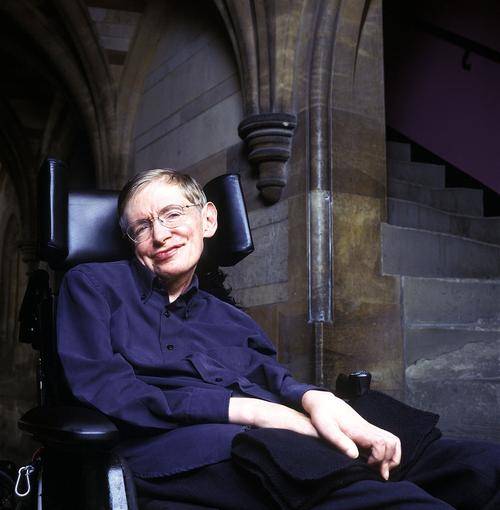
Extinction or Immortality
British physicist Stephen Hawking issued a stern warning.
"The full development of artificial intelligence could mean the end of humanity," he told reporters in 2014, four years before his death.
Machines with this level of intelligence "will evolve on their own and redesign themselves at an increasing rate," he said.
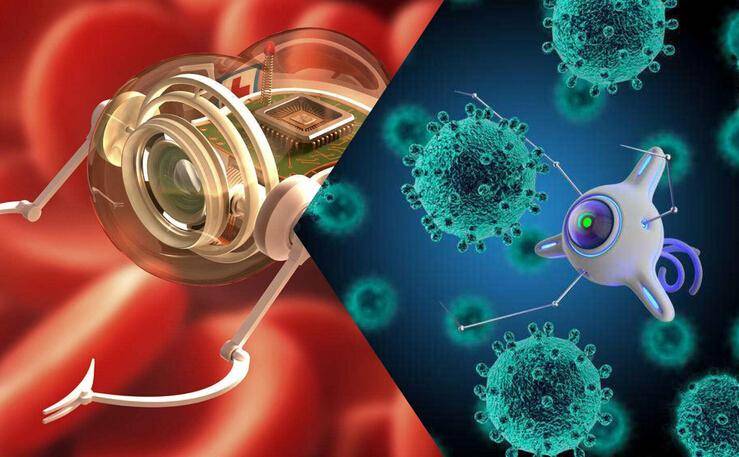
Nanobots and Immortality
One of the biggest enthusiasts of artificial intelligence is futuristic inventor and author Kurzweil, an AI researcher at Google and co-founder of Singularity University in Silicon Valley.
Kurzweil believes that humans will be able to use super-intelligent artificial intelligence to overcome biological obstacles.
In 2015, he predicted that by 2030, humans will achieve immortality because of nanobots (very small robots) working inside our bodies, capable of repairing and healing any damage or disease.
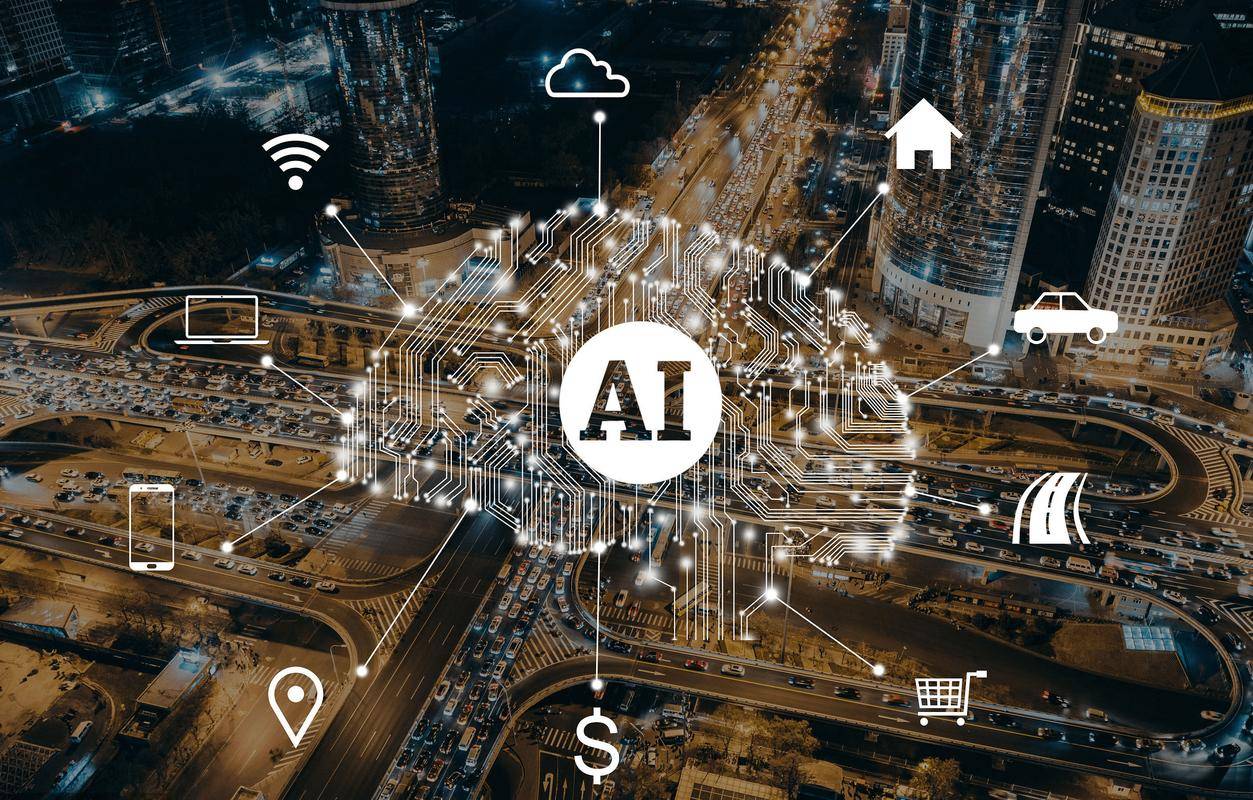
Artificial Intelligence Management
Gutierrez agrees that the key is to create an AI governance system.
“Imagine a future where an entity has so much information about every person on the planet and their habits (because of internet searches) that it can control us in ways we are unaware of,” he said.
"The worst-case scenario isn't a war between humans and robots. We share this planet with a being that's smarter than us and, sadly, we don't realize we're being manipulated."
The above is the detailed content of Three stages of artificial intelligence: Why scientists join forces to restrict AI technology that could lead to human extinction. For more information, please follow other related articles on the PHP Chinese website!




